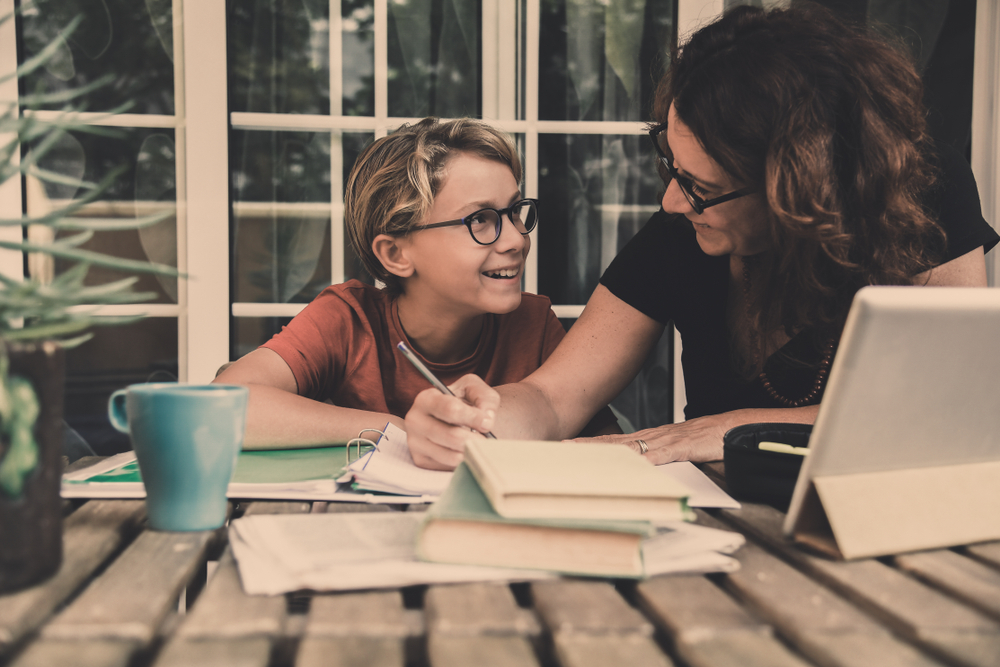
Since March, the Internet has been ablaze with articles and resources for parents forced into homeschooling their children because of the COVID-19 crisis. Some education experts—like Kevin Huffman in The Washington Post—are terrified of what long breaks and virtual learning will do to American children. Huffman claims that “homeschooling during the coronavirus will set back a generation of children.” Others, like actress, radio host, and homeschooling advocate Sam Sorbo, assert that the current crisis offers an unprecedented opportunity to refashion American education and overcome the brokenness of our public education system.
Is homeschooling—especially the kind that relies on distant learning—disastrous for young students? Or could it dramatically improve student learning and maturation? There’s been much agreement that American public education has serious problems, especially outside of the affluent “super-zips” in urban and suburban areas. As I noted in an article for The Federalist last year, national test scores consistently demonstrate the paucity of student knowledge, while a growing body of research shows that IQs and intellectual abilities have falling steadily among people born after 1975. Many public schools are overcrowded, understaffed, and literally falling apart.











